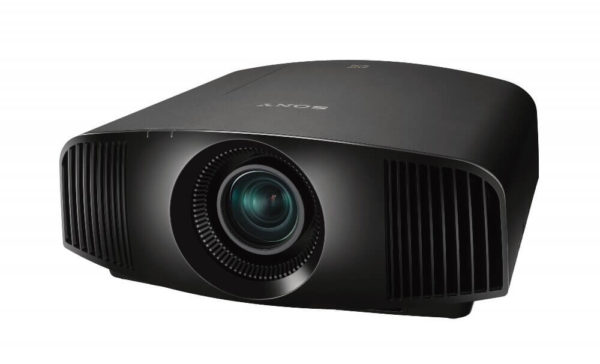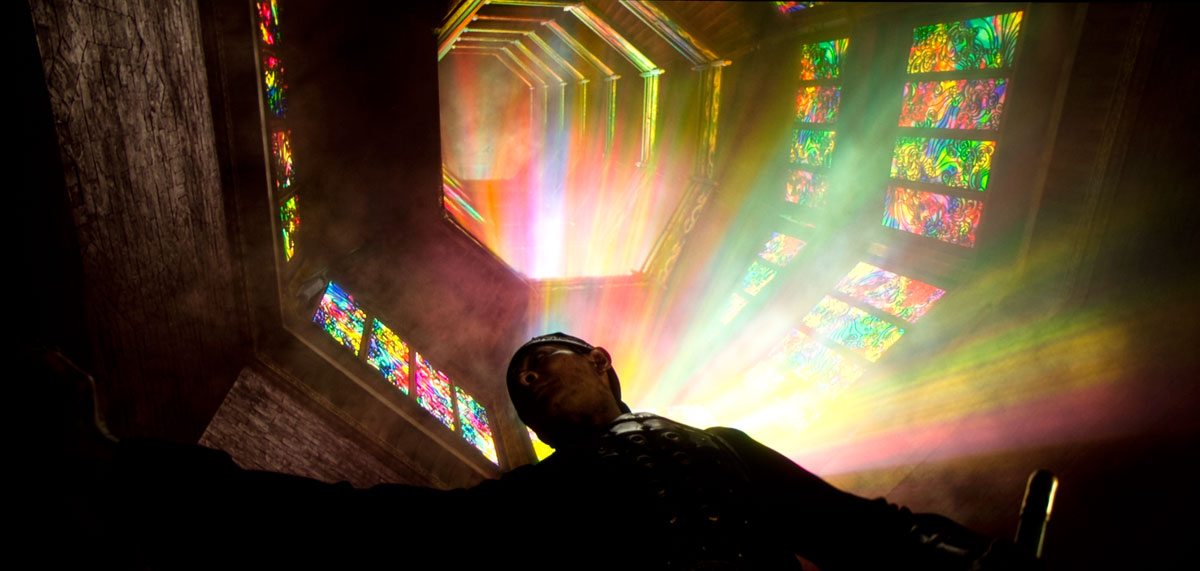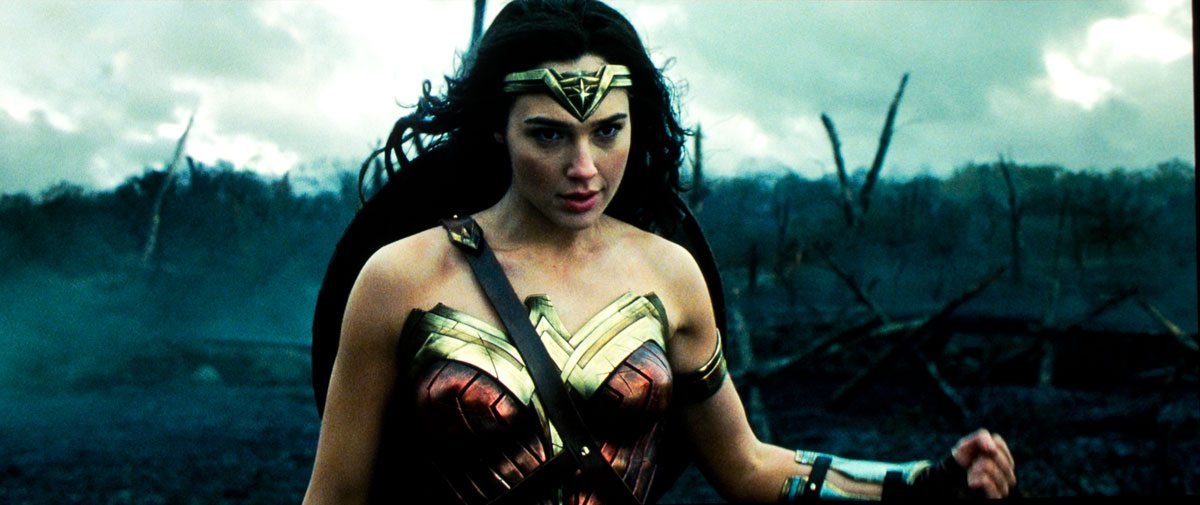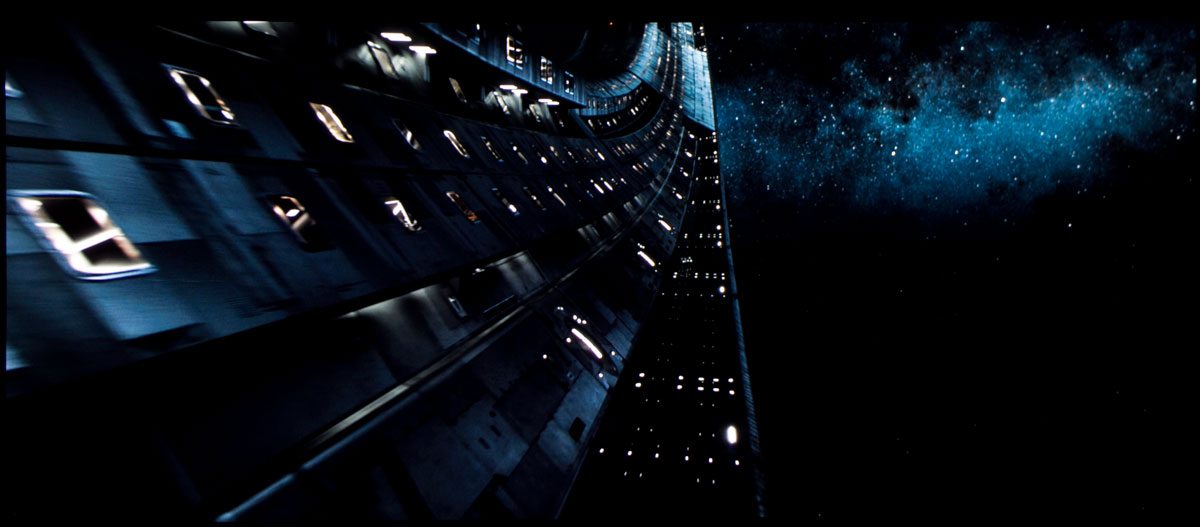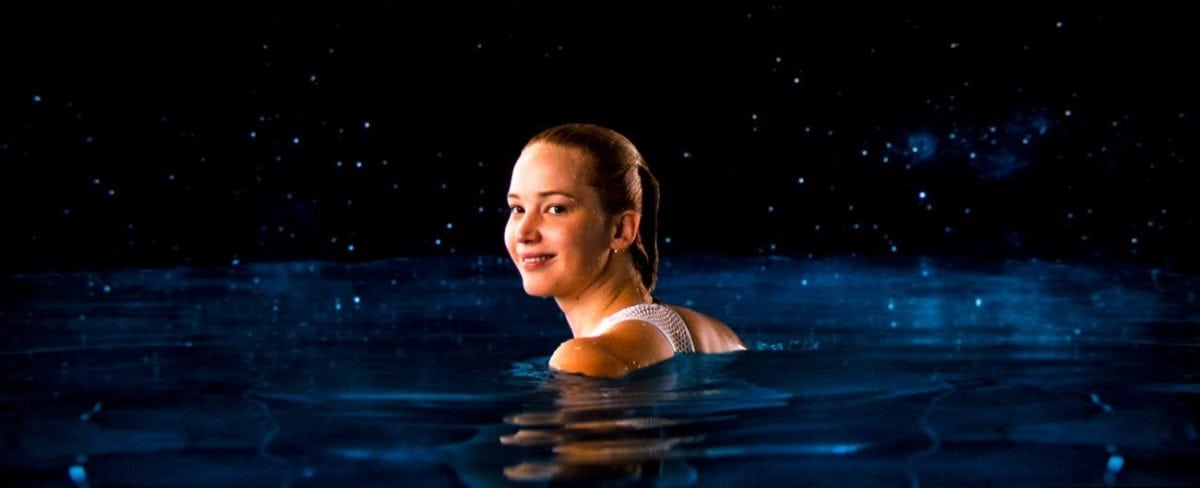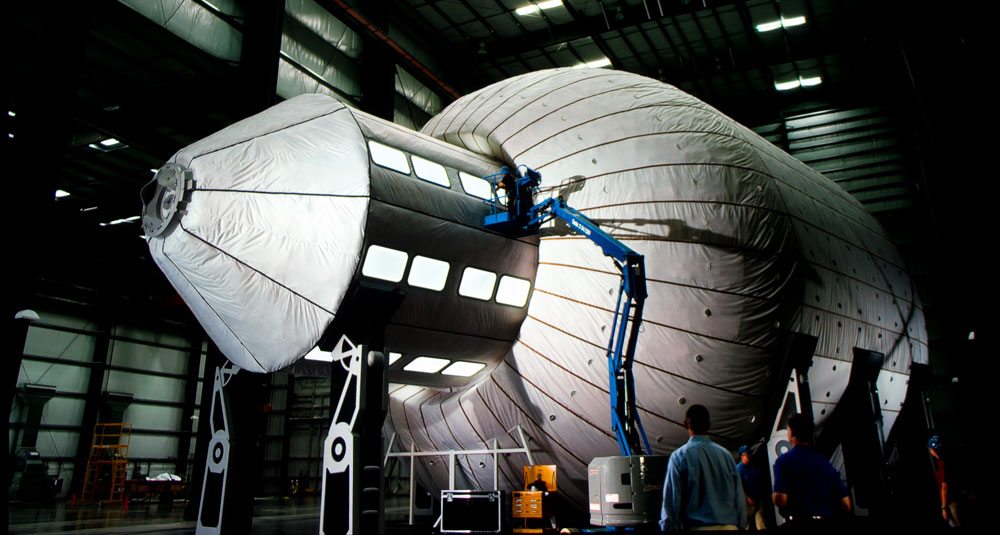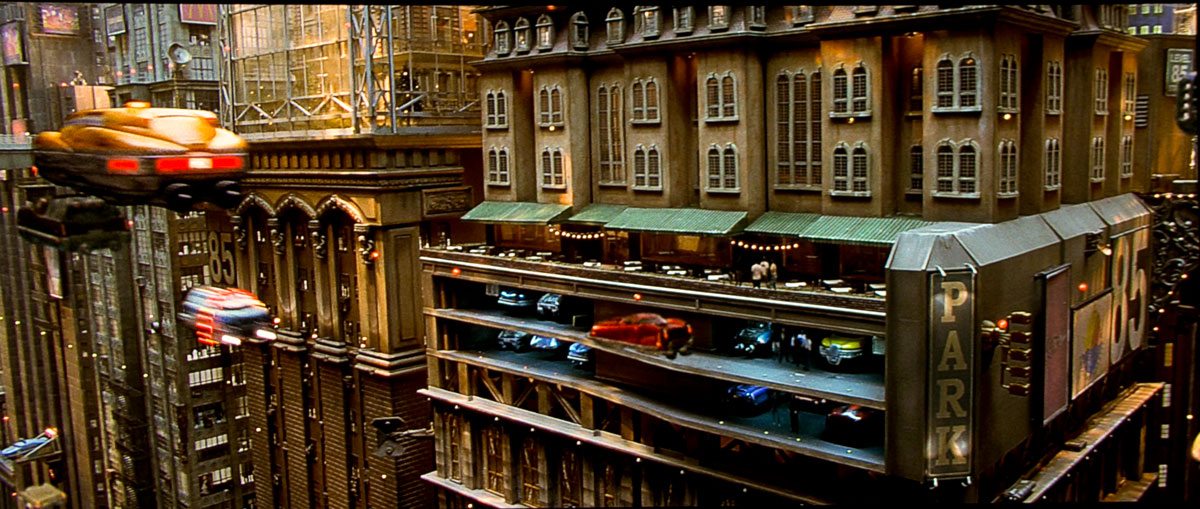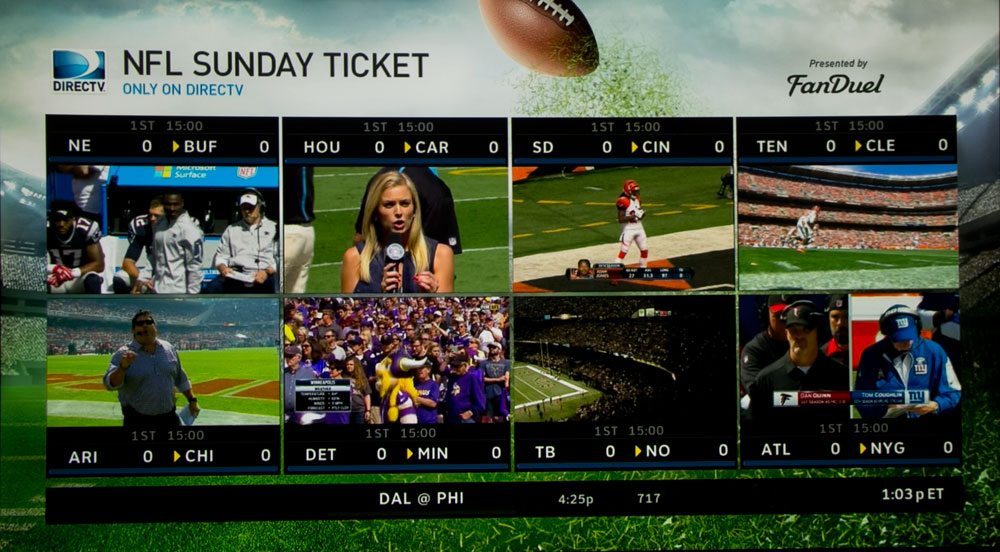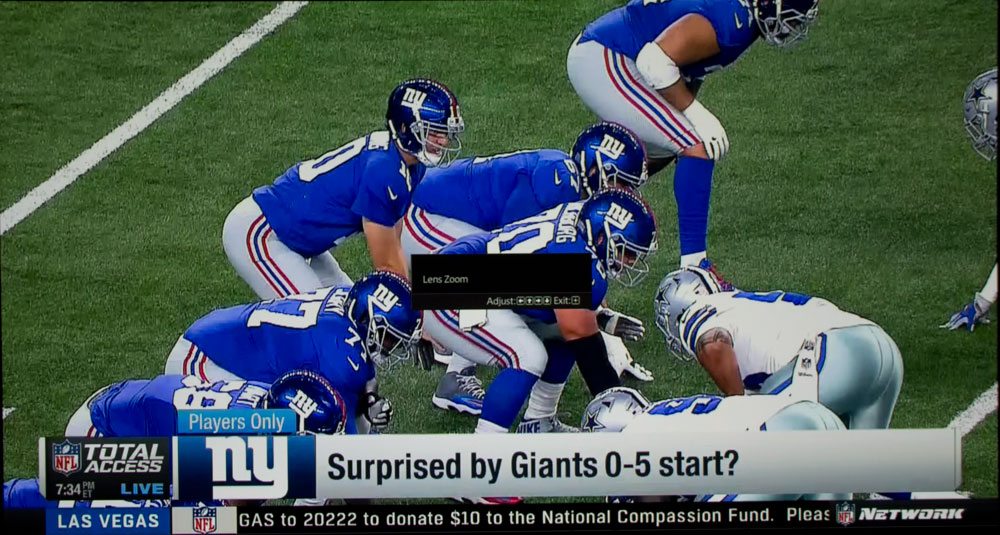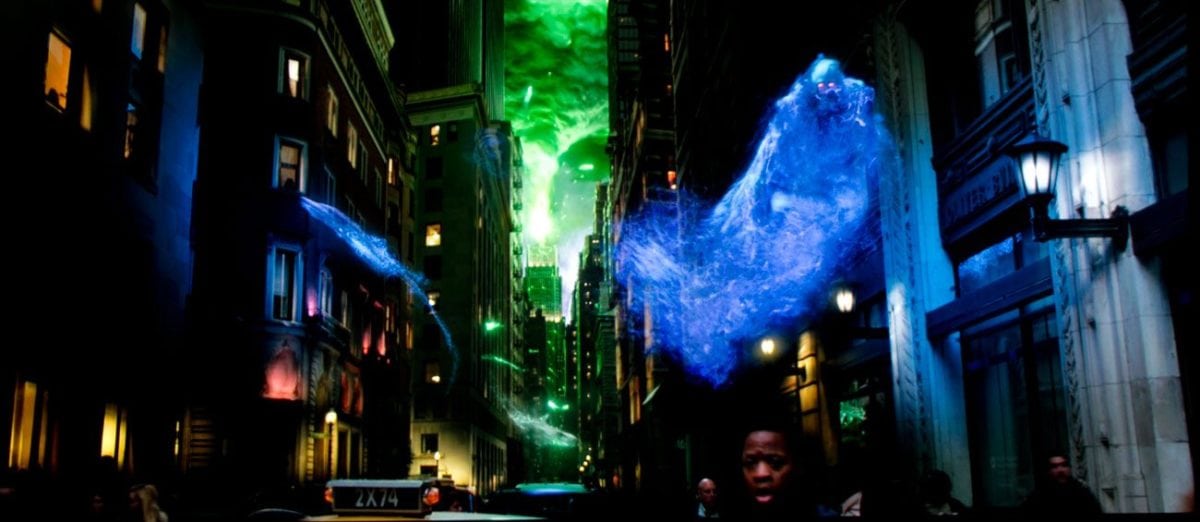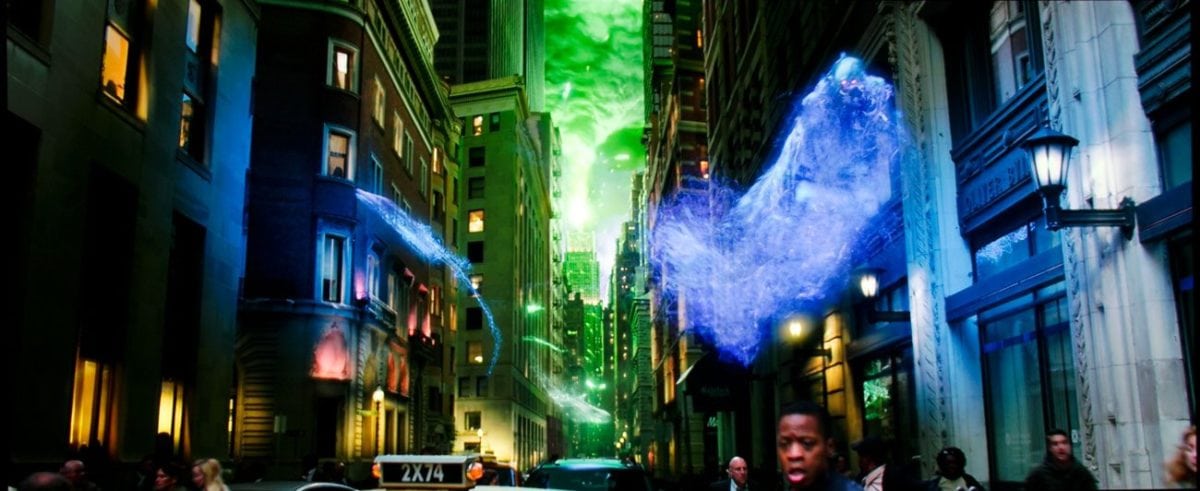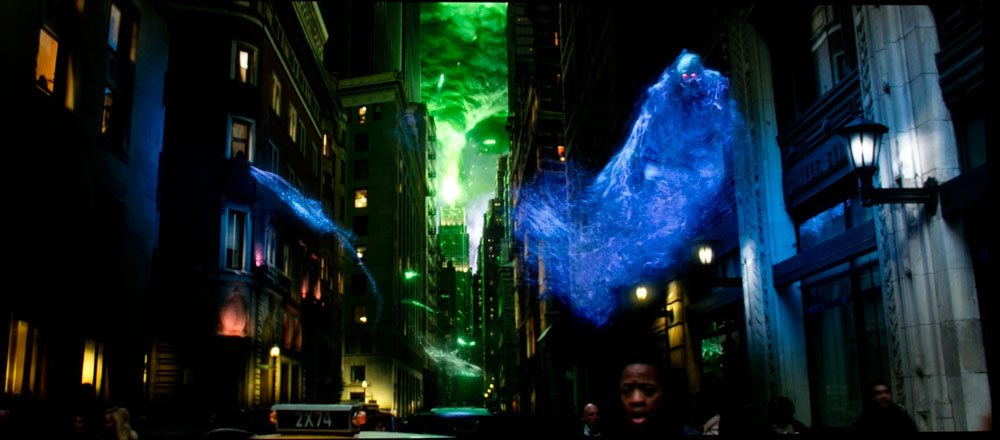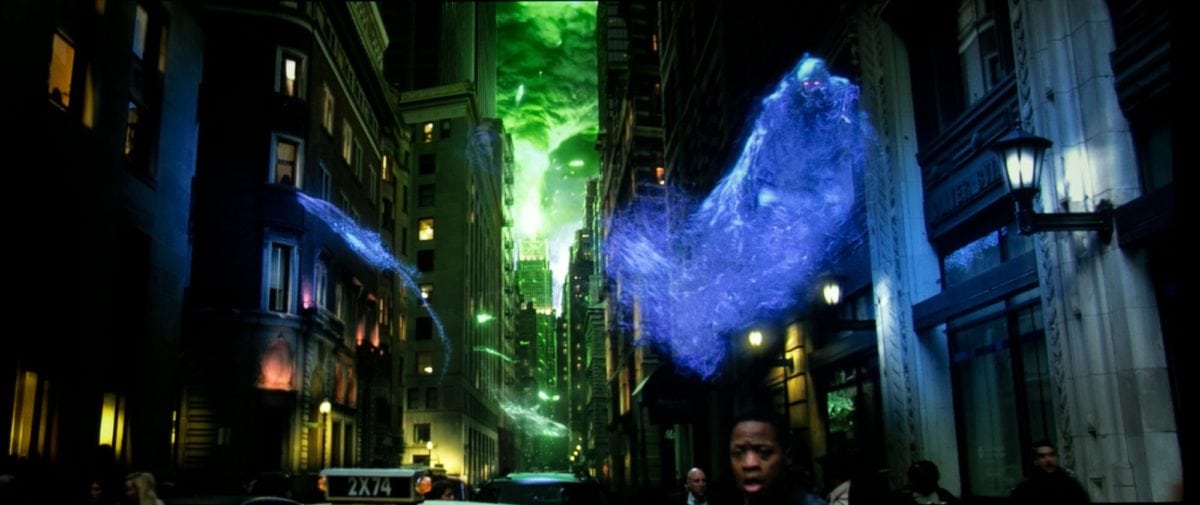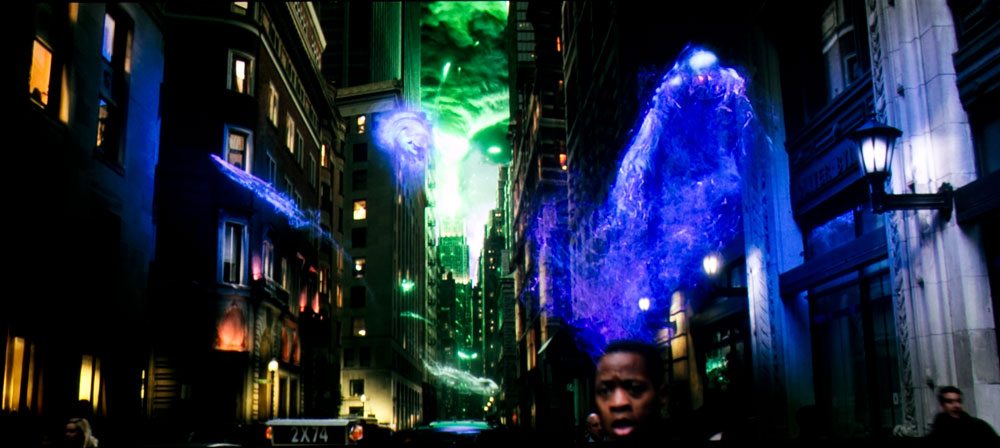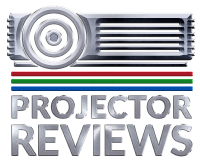Black level performance is next, and trickier. Gone is the Epson HC4000, similar in almost all ways to their 5040UB but inferior black level performance.
For those who want at least respectable "ultra high contrast" blacks, (and I'm not talking spec claims), that pretty much tosses out the remaining Optoma, and probably the HK2299 if it makes it to the US.
Mind you, I'm not saying that there aren't some good, or even great, values among those, but they just can't compete in a meaningful way with the Sony projector. All of the ones I just scrubbed were under $2500.
Let's say you are serious about not only accepting 4K, but 4K with HDR, and BT.2020 color space (or as close as they get - P3). Sorry BenQ, the HT8050 doesn't support either and the HT9050 only supports the wider color space, no HDR. (Still it does an impressive picture, but, alas...no HDR.)
Movie fan? Want to go wide screen - no letter boxing on most movies? That normally requires either a projector with Lens Memory (for one button operation), or at least motorized zoom, lens shift (and should have motorized focus too) to do it manually in well less than a minute - as is the case of this Sony. Or the other way is to have an anamorphic lens with sled (add at least $2500 but likely a big chunk more to your bill). The BenQ's can do the anamorphic lens, Not one of the 4k UHD projectors meets this test without an anamorphic setup (old school).
Need excellent placement flexibility basically in the same ball park as the VW285ES, including lots of lens shift, the BenQs are pretty good, But it is the Epsons and the JVCs that are very similar to this Sony.
Of course if you want only true 4K, then the field is only the two Sonys.
Next, the Sony has a sharpness advantage over the Epsons, and JVCs, but a slighter one over the 4K UHD DLPs. Any though can look about comparable on 1080p content, it takes 4K to make difference. Even there, heavy processing can make any of the Epsons seem at least as sharp, or even sharper, than the Sony, but there is a price of a slight, but noticeable hardness to those projectors when they push their limits, since their pixel size is so much larger.
Note- Pixel size: The relative area of a 1080P pixel is four times that of a true 4K pixel. 4K UHD projectors are right in the middle, Half the size of the 1080P's and still twice the size of this Sony's pixels.
What about HLG - for 4K streaming? That takes out the remaining Epsons, at least for now. The Epsons are end user firmware upgradable so I suspect that will be in the plans, but I have no indication from Epson, despite my mentioning that they should add the capability. that such a firmware upgrade may be coming. Unless you are an avid streamer, this probably isn't important to you, but a few years down the road...?
That's pretty much the story. Except to order the projectors with good black level performance for you. Hands down winner there is the JVC HD520 followed by their 420. After that, the more expensive Sony, with the Epson Laser - LS10500 perhaps a touch better than the VW285ES and the Epson 5040UB more different than better or worse. If the scenes have more than a little in very bright areas, that will give the Sony the advantage (but you will also care a bit less if there's a decent amount of bright areas. On very dark scenes, the Epson has a modest advantage, based on my extensive comparison of the two. "Similar but different!"
Consider most of these are very respectable values at their varying price points, so look at this from the stand point of what you are willing to spend on your next projector. If $2500 or so is your budget.Go get that Epson 5040UB or perhaps one of the low cost 4K UHDs (I definitely liked the Optoma but for black levels, so favor the Epson, and I use lens memory - I'm a wide screen owner).
If you are a major league black level fanatic, and must have the best, JVC. You can spend more or less on a JVC 1080p pixel shifter than this Sony true 4K, but, I'll say that If I can live with the Sony, probably 95+% of you can too.

